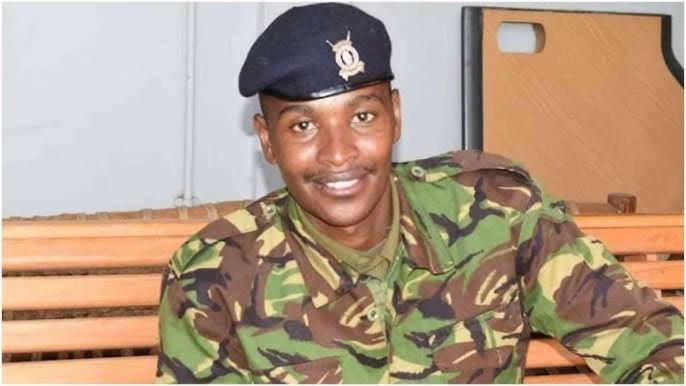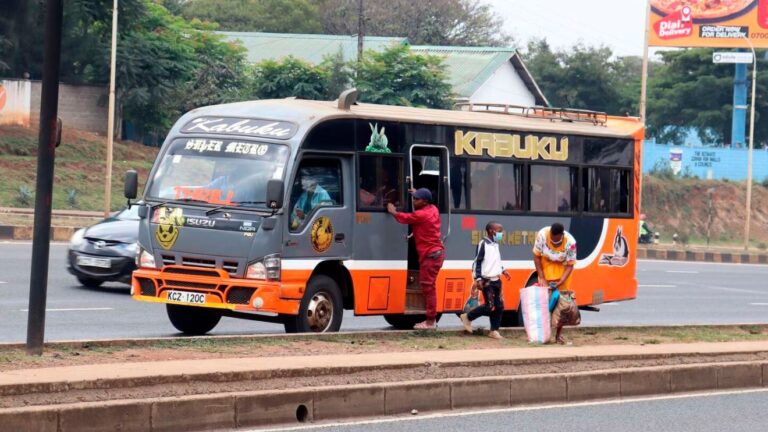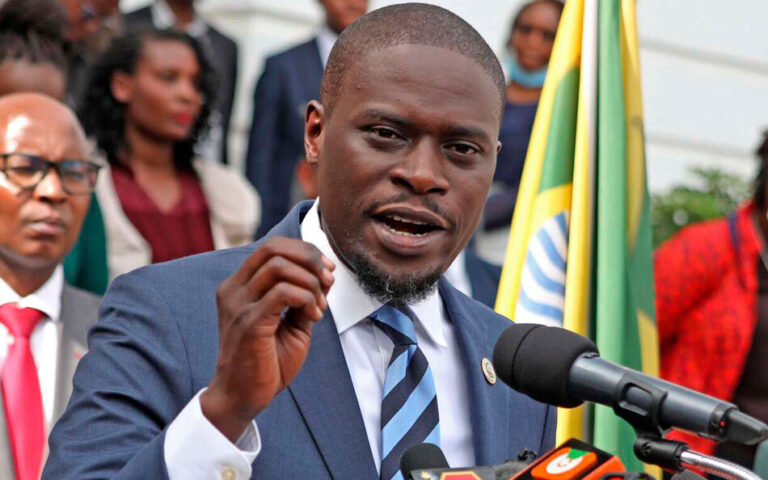
Celebrated Mugithi artist and police officer Samuel Muchoki, popularly known as Samidoh, has been declared a deserter by the National Police Service (NPS) and consequently had his salary halted, sparking widespread debate both online and offline.
Samidoh, who serves under the Administration Police Service, is accused of being absent from official duties without permission for an extended period. According to sources within the police service, the artist has not reported for duty for months and has failed to respond to formal notices from his superiors.
Samidoh is one of Kenya’s most renowned Mugithi artists, known for his captivating live performances and emotional storytelling in song. What many fans may not have realized, however, is that behind the microphone is a uniformed officer who swore an oath to serve and protect.
The singer rose to fame with hits like Ndiri Mutwe Mwega and Tuhii Twitu, balancing his passion for music with his responsibilities in the police force. However, his growing popularity has seen him embark on global tours, raising questions about his availability for duty.
Under Kenyan law, a deserter is an officer who absents themselves from duty for over 21 consecutive days without authorization. Such an act is viewed as a serious breach of discipline and could result in dismissal, prosecution, or both.
The National Police Service reportedly made several attempts to reach out to Samidoh for clarification, but with no formal leave applied and no satisfactory response given, the decision to halt his salary and list him as a deserter was made.
However, critics have called for accountability, stating that serving officers should not be given special treatment, regardless of their public status.
At the time of publishing, Samidoh had not issued an official statement regarding the desertion claims. His management team has remained tight-lipped, fueling speculation on whether the musician intends to resign from the police force or pursue legal redress.
According to legal experts, Samidoh could appeal the decision internally or seek judicial review if he believes due process wasn’t followed. However, the burden of proof lies with him to justify his prolonged absence.
Samidoh’s situation raises broader questions about whether public servants, particularly in disciplined forces, can simultaneously maintain demanding careers in entertainment or business.
This isn’t the first time a public figure in uniform has clashed with duty expectations, and it may not be the last. As the lines between personal passion and public responsibility blur, more conversations are needed on managing such dual roles.

